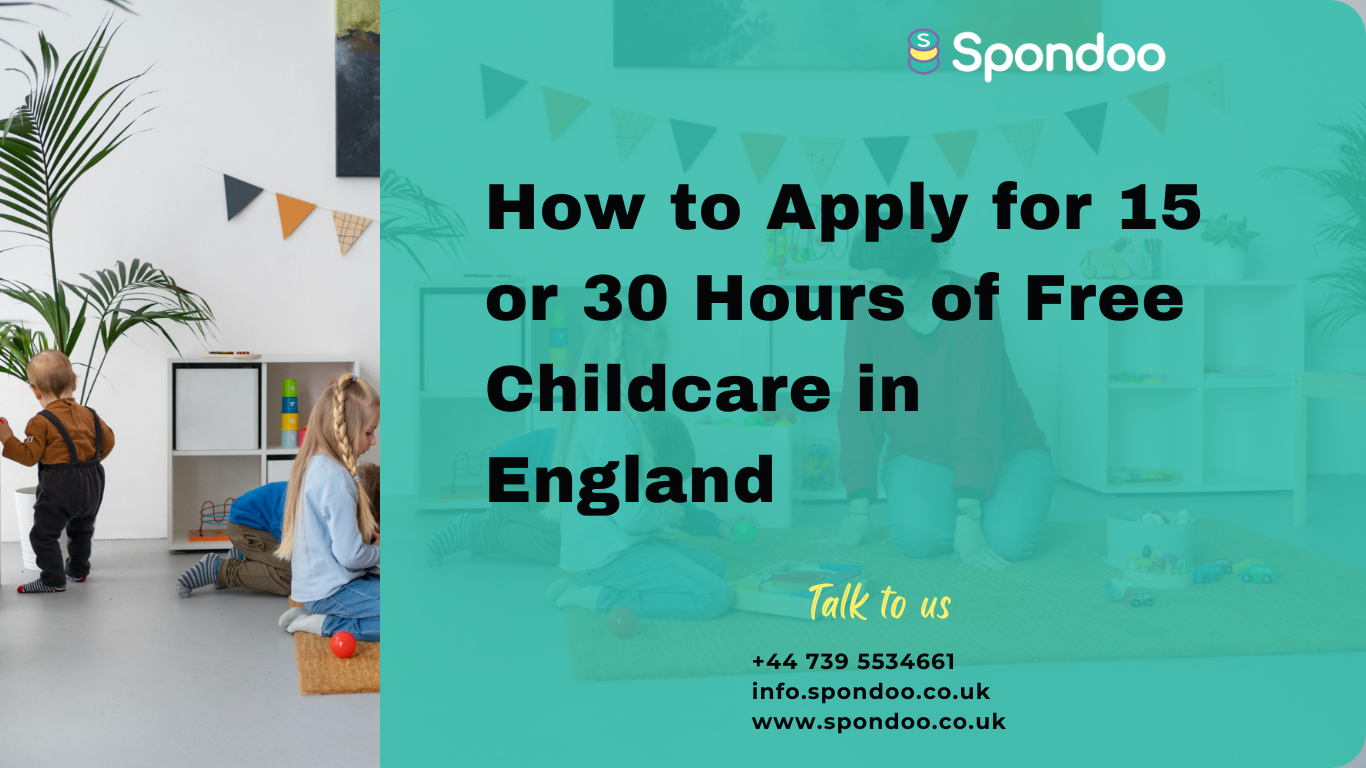
The UK government provides free childcare hours to support families with young children, offering either 15 or 30 hours per week of early education, now available for children from 9 months old. This guide will walk you through the eligibility criteria, the application process, and where to seek assistance if you face any challenges.
It is important to note that the 15 and 30 free hours are entirely separate from the Tax-Free Childcare scheme, although both are managed centrally through your Childcare account. For more details, visit the government website.
For children aged 9 months to 2 years: Every child in England is entitled to 15 hours of free early education or childcare per week, for 38 weeks per year (totaling 570 hours). This is available from the term after they turn 9 months old.
For working families with 3 and 4-year-olds: In addition to the 15 hours, working parents may be eligible for an extra 15 hours per week, totaling 30 hours for 38 weeks a year (or 1,140 hours annually).
Parents should apply before the start of the term when their child becomes eligible. The next term begins in January, and parents of children from nine months old who qualify for 15 or 30 hours can apply.
The government website provides details of the deadlines for each age group.
Before applying, confirm your eligibility for either 15 or 30 hours of free childcare based on the criteria.
You can use the free hours at various registered childcare providers, including nurseries, playgroups, childminders, and some schools. Ensure your provider is registered with your local authority and accepts the free hours.
You must reconfirm your details every three months, so if you apply early, remember to confirm your details have not changed before the term begins.
If you experience any issues or have questions during the application process, you can reach out to the following:
HMRC Childcare Service Helpline: For issues related to the application or eligibility code, call 0300 123 4097 (Monday to Friday, 8am to 6pm).
While all three and four-year-olds are entitled to some free childcare across the UK, different schemes operate in Scotland, Wales, and Northern Ireland.
By following these steps, you can ensure that your child receives the early education and care they are entitled to, helping to ease the financial burden on your family.
Spondoo can assist you in determining eligibility and navigating the often confusing and complex childcare scheme. Contact us today to make the process a little easier!
